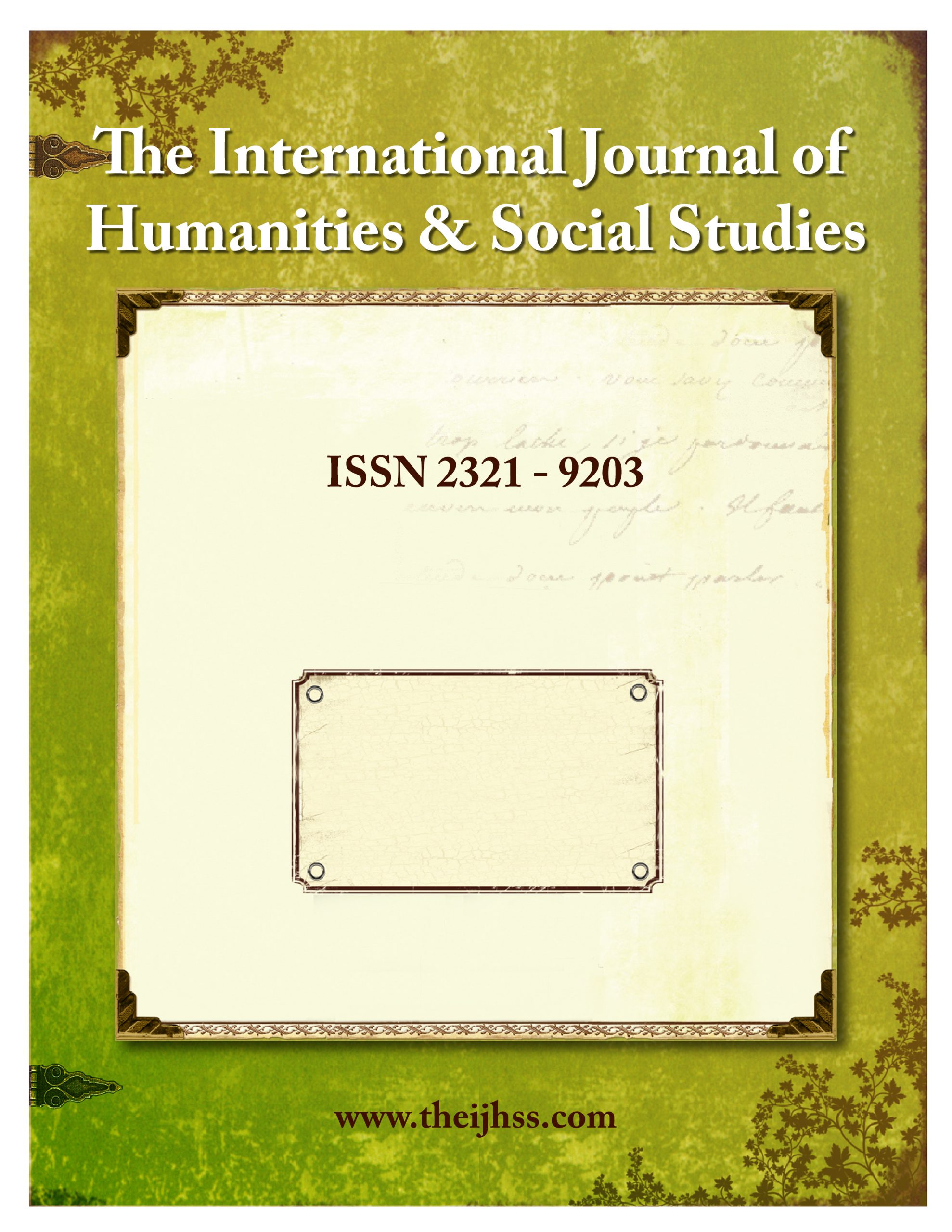There are millions of books, journal call for papers, articles, etc., on how to write a good research paper, but it needs to be said that there is no single recipe for success. Moreover, different research fields demand different writing styles, topics, and disciplinary expectations. Still, we are trying to jot down a few points that will help research in interdisciplinary areas.
1. Set Deadlines:
It is essential to set deadlines for yourself if someone else isn’t setting one. Even if you are an independent researcher, maintaining a schedule is very important for your project. It helps you stay focused and move steadily and faster. When it comes to data collection, analysis, and writing, aim to meet or exceed your deadlines.
2. Set Realistic Goals:
It is crucial to set achievable goals. Divide your work into smaller segments and finish those in time. It keeps you from feeling overwhelmed by the massivity of the whole thing. Once you finish small tasks in time, you will have enough confidence to complete the entire thing within your deadline.
3. Target Audience:
Knowing your target audience is easy, but knowing how to cater to their expectations is challenging. If you want to write up to the mark, consider writing for readers with less background knowledge before you write for your target audience; this will help you gain confidence, get comfortable with the topic and improve your clarity.
4. Outlining:
Outlining means drafting your research in your head first. It is impossible to know everything before you start writing; it is a discovery process. Still, it is better to have a blueprint before writing the paper. It works like a road-map; you know your probable steps, and you won’t be clueless if you follow them. Obviously, surprises and changes will come along the way.
5. Writing Style:
We often think that using heavy, ornamental language will improve the quality of writing, but this is not the right concept. When you are making a paper harder than it has to be, you are only losing your readers’ focus. Write in a simple and straightforward way, avoid excessive use of jargon and avoid cliches, and most importantly, do not forget to revise.
6. Keep Editing:
It is unrealistic to expect your first draft to be pitch-perfect. It will be full of errors and imperfections. Therefore, it is vital to keep going and keep editing your manuscript until you have achieved your expected outcome. But remember not to overdo it, always keep the deadline in your mind. Attempting to perfect something that has already been perfected is a waste of time.
7. Placing:
Placing is very important when it comes to research writing. Know which parts of your thesis are essential and allot them the most prominent place in the paper. To maintain clarity, it is better to relegate some of the findings to the appendix because too much information might distract some readers.
It is a fact that research writing is not easy, but it can be made less overwhelming. Those with a regular writing habit handle this with more skill than the rest; therefore, it will be great if you start writing articles and all from now on if you want to write a thesis.











